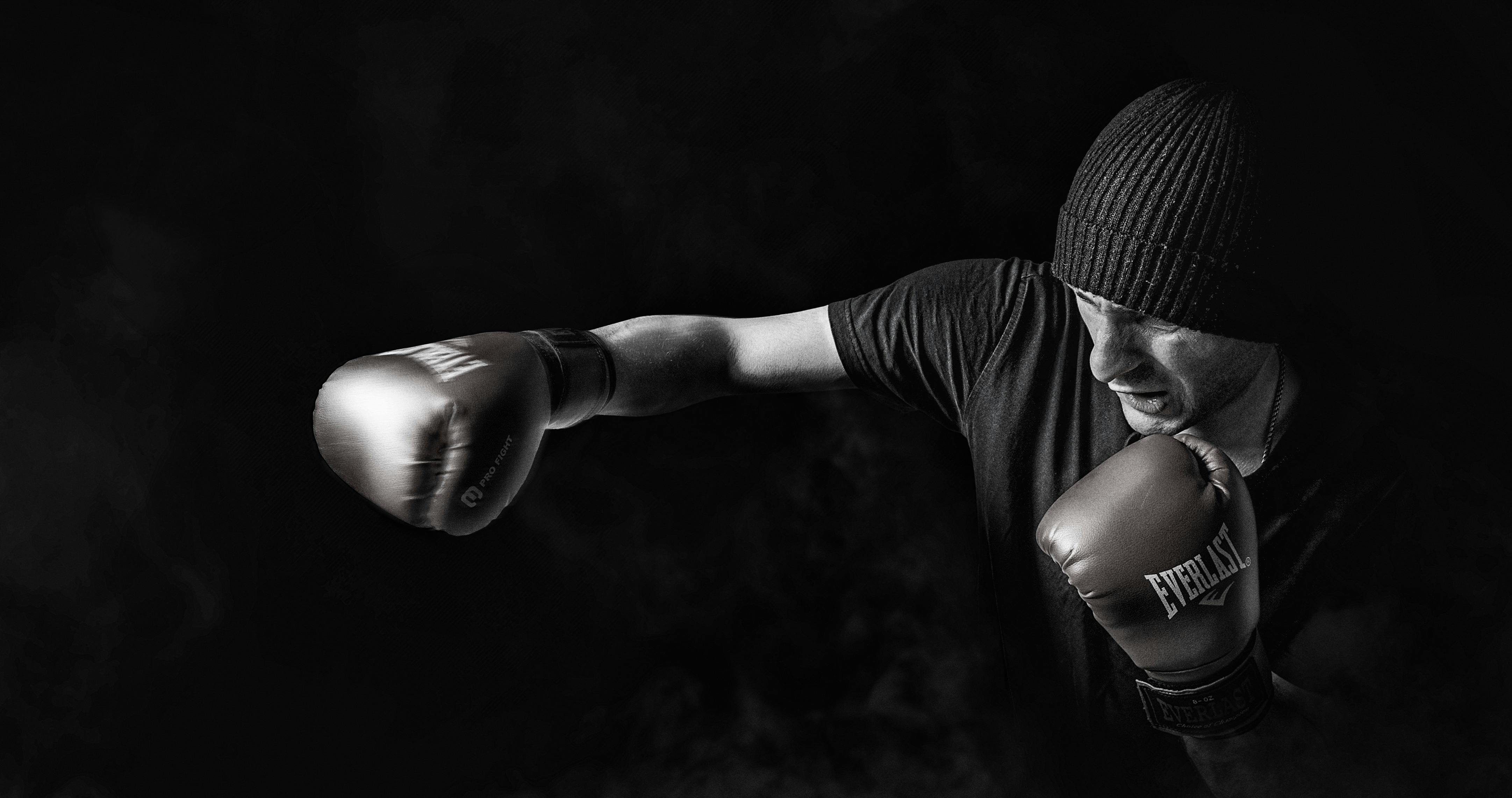Decoding the Intricacies of Chess Boxing: A Confluence of Brain and Brawn
Chess boxing, a quirky hybrid sport that combines the cerebral game of chess with the physicality of boxing, has been gaining momentum over the past decade. This sport, which requires both mental acuity and physical prowess, has intrigued audiences and athletes worldwide, challenging the conventional boundaries of sport. This article will delve into the fascinating world of chess boxing, its unique blend of brain and brawn, and its potential to redefine the future of competitive sports.

A Confluence of Mind and Muscle: The Origin of Chess Boxing
Chess boxing originated in 2003, birthed from the creative mind of Dutch performance artist, Iepe Rubingh. Inspired by Enki Bilal’s science fiction comic book, Froid Équateur, where the idea of chess boxing was first depicted, Rubingh set out to actualize this unique concept. The first official chess boxing competition took place in Amsterdam in 2003, attracting a small yet intrigued audience. From this humble beginning, the sport has grown exponentially, with international chess boxing organizations and events now held across the globe.
The Rules of the Game: Combining Chess and Boxing
Chess boxing is a true test of versatility, demanding equal mastery of chess and boxing. A match consists of eleven rounds—six rounds of chess and five rounds of boxing—with rounds alternating between the two sports. Each chess round lasts four minutes, each boxing round three. The objective is to either checkmate your opponent or knock them out, making chess boxing a unique synthesis of intellectual and physical competition.
Mental Might Meets Physical Power: The Benefits and Challenges of Chess Boxing
Chess boxing offers a unique set of benefits, as it demands and develops both intellectual and physical prowess. Participants enhance their strategic thinking, problem-solving abilities, and physical conditioning, fostering a comprehensive approach to health and fitness. Moreover, the sport promotes discipline, as success requires rigorous training in both chess and boxing.
However, chess boxing also presents unique challenges. The alternating rounds require athletes to rapidly switch between vastly different modes of thinking and physical exertion, which can be mentally and physically taxing. Plus, the sport requires proficiency in both chess and boxing, requiring a diverse and demanding training regimen.
The Growing Popularity of Chess Boxing: A New Trend in Sports
Despite its relative novelty, chess boxing has gained a significant following. The World Chess Boxing Organisation boasts over 200 active competitors, and international competitions have drawn crowds of 1000 spectators or more. This growing popularity can be attributed to the sport’s unique blend of mental and physical challenge, its novelty, and its potential for thrilling, unpredictable competition.
The Future of Chess Boxing: A New Horizon in Sports
With its growing popularity and unique appeal, chess boxing holds promise for the future. The sport offers an innovative approach to competition that challenges traditional sporting boundaries, providing a fresh alternative for athletes and spectators alike. As chess boxing continues to evolve, it may inspire further hybrid sports that blend intellectual and physical competition, reshaping the landscape of competitive sports.
In conclusion, chess boxing is a unique and intriguing sport that combines mental acuity with physical prowess. Its growth and popularity signal a shift in sports towards more versatile competitions, challenging athletes to push their intellectual and physical boundaries. As we continue to evolve and redefine our understanding of sport, chess boxing stands as a testament to the limitless possibilities of athletic competition.






